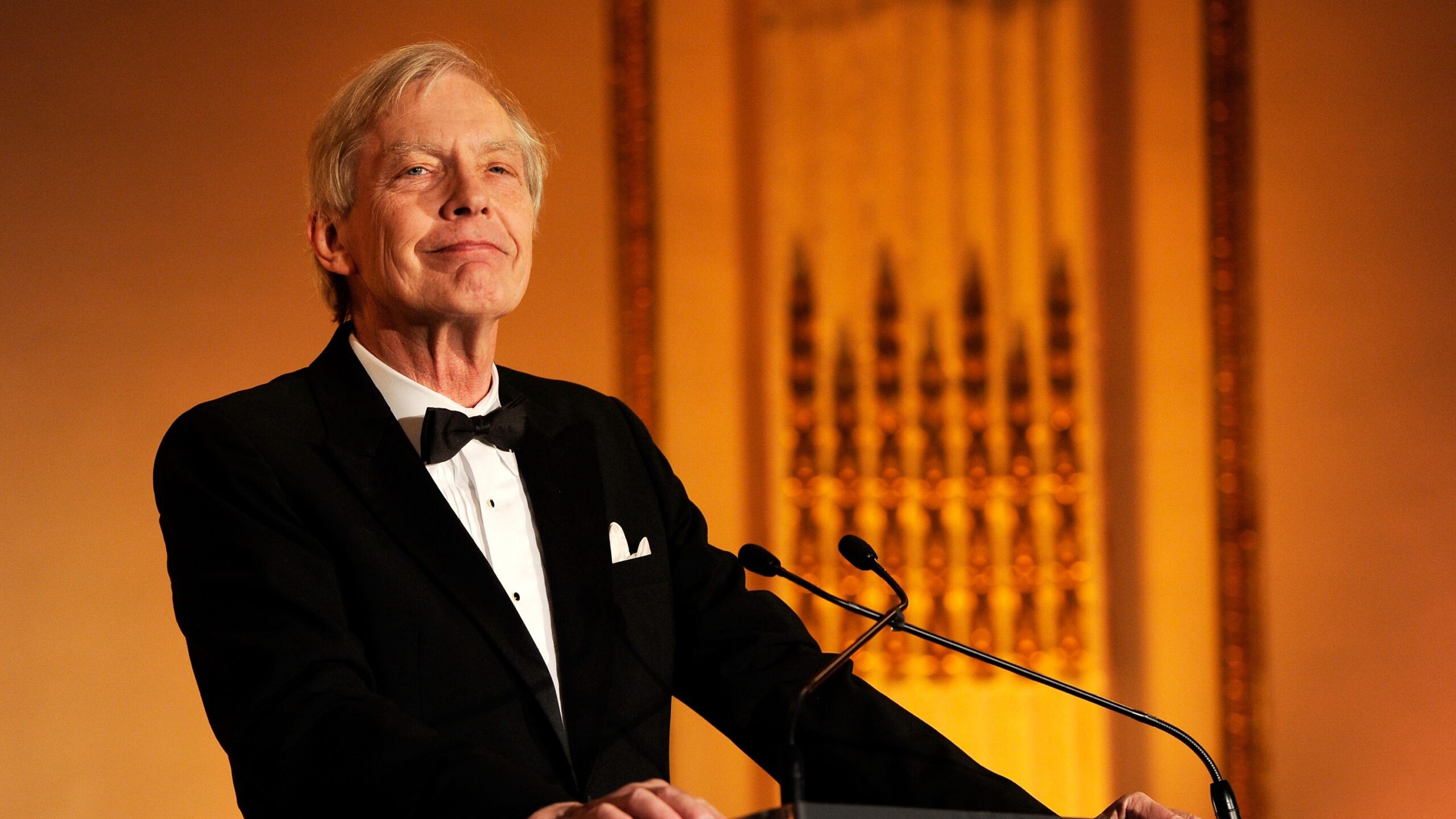Tag: Bob Edwards
Bob Edwards, first host of NPR’s ‘Morning Edition,’ dies at 76
Edwards was “one of the great voices and talents of this network’s history,” NPR CEO John Lansing said.SiriusXM cancels ‘Bob Edwards Show’, but weekly public radio show will continue
After nearly 10 years on satellite radio, “The Bob Edwards Show” will cease production after Sept. 26, when the last of the ...Report: SiriusXM to end The Bob Edwards Show
SiriusXM Radio will wind down The Bob Edwards Show next month, according to a Politico article published Friday. Citing unnamed sources, Politico reported that ...Anchorage becomes hub in Alaska’s latest public TV alliance
A new configuration of public TV stations in Alaska will begin sharing a single programming feed July 1 under the name Alaska ...APM displaces PRI as BBC World Service distributor
American Public Media will begin distributing the BBC World Service to U.S. pubradio stations July 1 [2012], ending the British network’s 26-year ...Edwards’ jump to XM renews satellite debate
With Bob Edwards’ decision to leave NPR for a satellite radio company, public radio is debating again a highly ponderable question: Should ...NPR’s reassignment of Bob Edwards shocks, explanations befuddle
The cry from a distraught public rang out: “If it ain’t broke, don’t fix it!” After announcing the reassignment of Morning Edition host Bob ...Why NPR reassigned Bob Edwards: show needs co-host to improve coverage
NPR reassigned Morning Edition host Bob Edwards to make way for a two-host setup intended to strengthen the show's news coverage, said Jay Kernis, ...Proposal on Formation of the Public Television Network, 1968
What kind of organization should interconnect the public TV stations? On Sept. 23, 1968, a little more than a year before the ...



